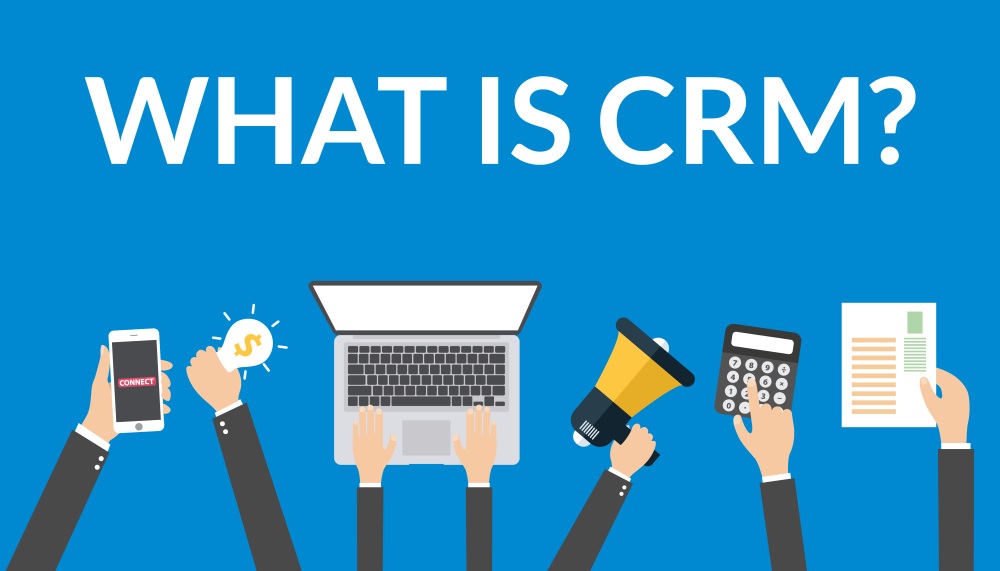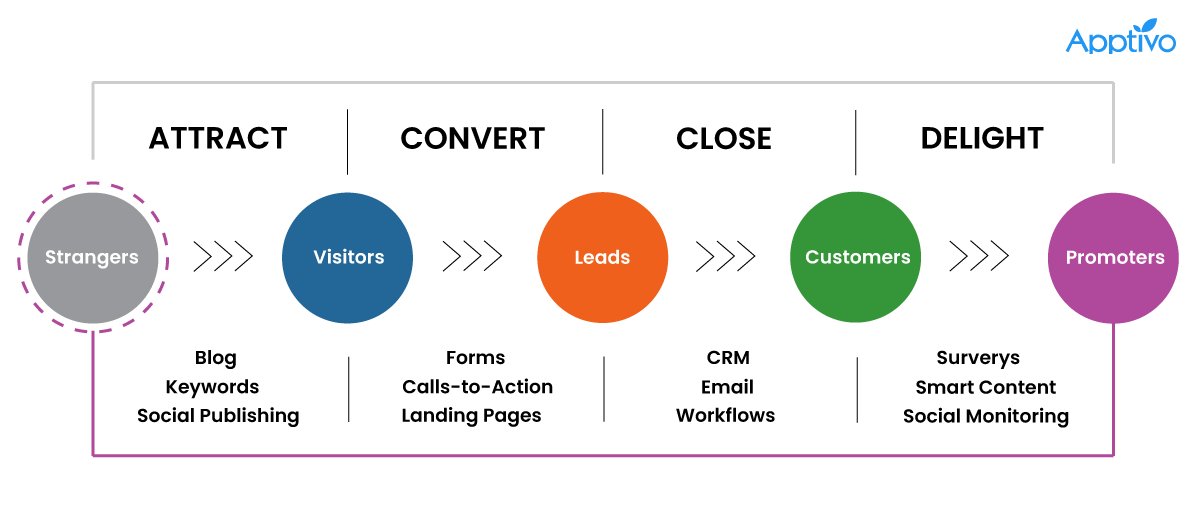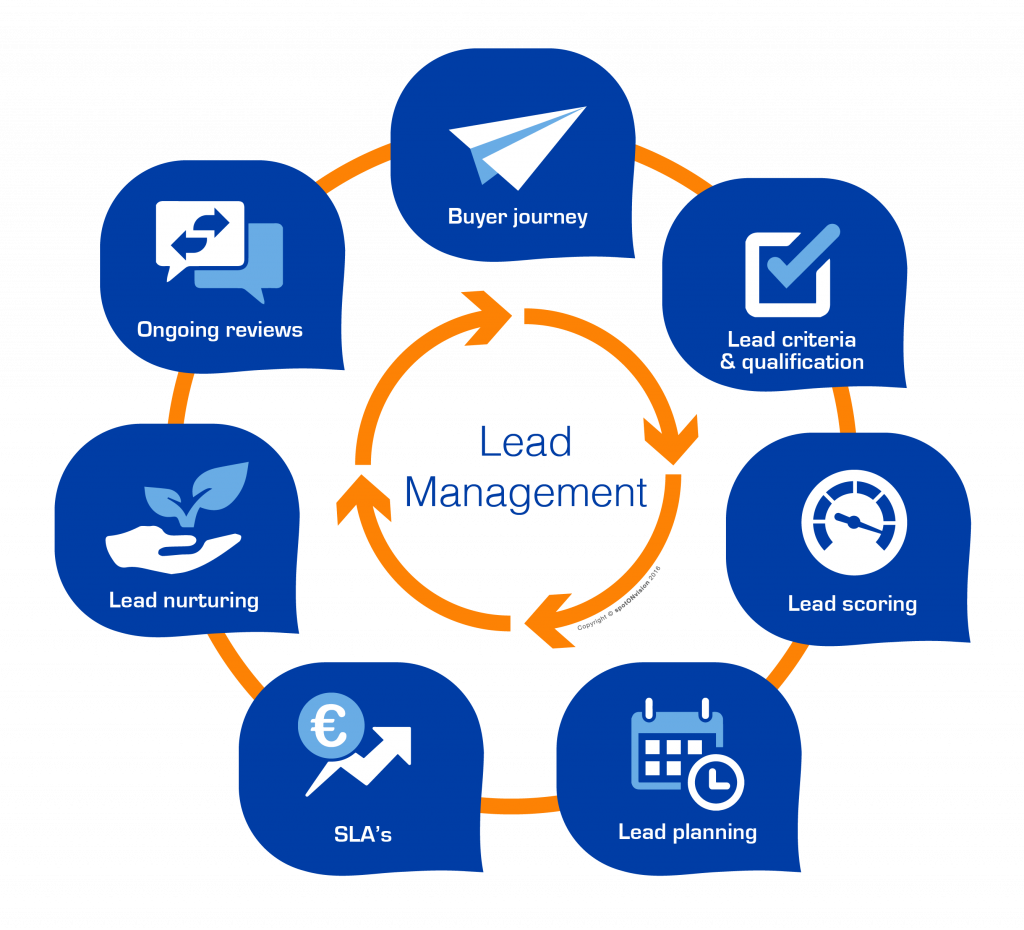CRM for lead generation is an indispensable tool for businesses looking to streamline their lead management processes and drive sales growth. By leveraging the power of CRM systems, businesses can capture, manage, and nurture leads effectively, resulting in higher conversion rates and improved ROI.
In this comprehensive guide, we will delve into the world of CRM for lead generation, exploring its key features, best practices, and emerging trends. We will also provide case studies and examples of successful CRM implementations to help you understand how CRM can transform your lead generation strategies.
Definition and Overview of CRM for Lead Generation

Customer Relationship Management (CRM) is a software solution designed to manage interactions with customers and prospects throughout their lifecycle. In the context of lead generation, CRM plays a crucial role in capturing, organizing, and managing lead data to nurture and convert them into paying customers.
CRM systems are designed to capture lead information from various sources, such as websites, forms, social media, and email campaigns. This data includes contact information, demographics, interests, and engagement history. By centralizing this data in a single platform, CRM enables businesses to gain a comprehensive view of their leads and track their progress through the sales pipeline.
Benefits of Using CRM for Lead Generation
- Improved Lead Capture and Management:CRM systems provide a central repository for lead data, making it easy to capture, organize, and manage leads from multiple channels.
- Lead Qualification and Scoring:CRM systems allow businesses to qualify leads based on specific criteria, such as industry, company size, and job title. This helps prioritize leads and focus efforts on those with the highest potential.
- Lead Nurturing and Automation:CRM systems automate lead nurturing campaigns, sending personalized emails, SMS messages, or social media updates to engage leads and move them through the sales funnel.
- Sales Pipeline Visibility:CRM provides real-time visibility into the sales pipeline, allowing businesses to track lead progress, identify bottlenecks, and optimize the sales process.
- Improved Collaboration:CRM facilitates collaboration between sales and marketing teams, ensuring that leads are followed up promptly and effectively.
Features and Capabilities of CRM Systems for Lead Generation

CRM systems offer a range of features and capabilities that empower businesses to effectively manage and nurture leads throughout the sales pipeline. These features enhance lead identification, qualification, and conversion, ultimately contributing to increased sales revenue.
Lead Scoring, Crm for lead generation
Lead scoring assigns numerical values to leads based on predefined criteria, such as demographics, behavior, and engagement. This enables businesses to prioritize leads based on their potential value and likelihood to convert into customers. Lead scoring helps sales teams focus their efforts on the most promising leads, improving efficiency and productivity.
Lead Segmentation
Lead segmentation involves dividing leads into distinct groups based on shared characteristics or attributes. This allows businesses to tailor their marketing and sales strategies to the specific needs and interests of each segment. Segmentation enhances the effectiveness of lead nurturing campaigns and increases the chances of conversion.
Lead Automation
Lead automation automates repetitive tasks in the lead management process, such as lead capture, qualification, and nurturing. Automated workflows trigger specific actions based on pre-defined rules, freeing up sales teams to focus on more complex tasks. Lead automation improves efficiency, reduces errors, and accelerates the sales cycle.
Integration with Marketing and Sales Tools
CRM systems integrate seamlessly with other marketing and sales tools, such as email marketing platforms, social media management tools, and analytics dashboards. This integration provides a comprehensive view of lead activity and enables businesses to track leads across multiple channels.
The integration also allows for automated data transfer, reducing manual effort and improving data accuracy.
Best Practices for Implementing CRM for Lead Generation
Implementing a CRM system for lead generation requires careful planning and execution to maximize its effectiveness. Here are some best practices to guide you through the process:
Setting Up and Customization
- Define clear lead generation goals and objectives.
- Identify the key data points and metrics to track lead progress.
- Customize the CRM system to align with your sales and marketing processes.
- Integrate the CRM with other relevant tools and platforms, such as email marketing and social media.
Lead Nurturing and Qualification
- Develop lead nurturing campaigns to engage and qualify leads.
- Use lead scoring to prioritize leads based on their engagement and potential.
- Qualify leads by evaluating their fit with your target customer profile.
- Implement lead routing rules to assign qualified leads to the appropriate sales team.
Data Hygiene and Lead Tracking
- Regularly clean and maintain lead data to ensure accuracy and completeness.
- Track lead activity and engagement to identify opportunities for follow-up.
- Use reporting and analytics to monitor the effectiveness of your lead generation efforts.
- Continuously review and refine your CRM system to optimize performance.
Measuring and Evaluating the Success of CRM for Lead Generation

Measuring the effectiveness of CRM for lead generation is crucial to ensure that your efforts are yielding positive results. This involves tracking key metrics, analyzing data, and making adjustments to optimize performance.
Key Metrics for Measuring Effectiveness:
- Number of leads generated
- Lead conversion rate
- Sales pipeline value
- Return on investment (ROI)
- Customer lifetime value (CLTV)
Analyzing Data to Track Progress:
CRM systems provide detailed reports that enable you to track lead conversion rates and ROI. By analyzing this data, you can identify areas for improvement and make informed decisions about your lead generation strategy.
Strategies for Optimizing CRM Performance
To optimize CRM performance and improve lead quality, consider the following strategies:
- Lead scoring:Prioritize leads based on their potential value and engagement.
- Lead nurturing:Create automated campaigns to nurture leads and move them through the sales funnel.
- Data segmentation:Divide leads into segments based on demographics, interests, or behavior to target them effectively.
- Integration with marketing automation:Connect your CRM with marketing automation tools to automate lead generation and tracking.
- Regular monitoring and evaluation:Track your progress regularly and make adjustments as needed to ensure optimal performance.
Case Studies and Examples of Successful CRM Implementations for Lead Generation
Numerous businesses have achieved remarkable success in lead generation by leveraging CRM systems. These case studies and examples demonstrate the transformative impact of CRM in enhancing lead management and boosting sales performance.
One notable example is the implementation of Salesforce CRM by the technology company, HubSpot. HubSpot experienced a significant increase in lead conversion rates, improved sales productivity, and enhanced customer satisfaction. The CRM system streamlined lead capture, automated lead nurturing campaigns, and provided valuable insights into customer behavior.
Best Practices and Lessons Learned
The successful implementation of CRM for lead generation requires careful planning and execution. Some best practices include:
- Define clear goals and objectives:Establish specific targets for lead generation, conversion rates, and sales growth.
- Integrate with other systems:Connect CRM with marketing automation, email marketing, and other relevant tools to streamline processes.
- Customize the CRM to your business:Tailor the CRM system to meet your unique requirements and workflows.
- Train your team thoroughly:Ensure your team is well-versed in using the CRM system and understands its benefits.
- Monitor and measure results:Track key metrics to evaluate the effectiveness of your CRM implementation and make adjustments as needed.
Emerging Trends and Future of CRM for Lead Generation

The future of CRM for lead generation is promising, with emerging trends that will transform the way businesses generate and manage leads. These trends include the use of artificial intelligence (AI) and machine learning (ML), the rise of predictive analytics, and the increasing importance of data privacy and security.
Artificial Intelligence (AI) and Machine Learning (ML)
AI and ML are already having a significant impact on CRM, and this trend is only expected to continue in the future. AI-powered CRM systems can automate many tasks, such as lead scoring, lead routing, and lead nurturing. This can free up sales teams to focus on more strategic activities, such as building relationships with customers and closing deals.
ML algorithms can also be used to identify patterns and trends in customer data. This information can be used to improve lead generation campaigns and target the right customers with the right message.
Predictive Analytics
Predictive analytics is another emerging trend in CRM. Predictive analytics can be used to identify customers who are likely to convert into leads or customers. This information can be used to prioritize sales efforts and focus on the most promising leads.
Data Privacy and Security
Data privacy and security are becoming increasingly important in the CRM space. As businesses collect more and more customer data, it is important to ensure that this data is protected from unauthorized access. CRM systems should have strong security measures in place to protect customer data from theft or misuse.
Ultimate Conclusion

CRM for lead generation is not just a tool; it’s an investment in the future of your business. By embracing CRM, you can gain a competitive edge, improve your lead management processes, and drive sustainable sales growth. As technology continues to evolve, CRM systems will become even more sophisticated, offering businesses even greater opportunities to optimize their lead generation efforts.
Clarifying Questions
What is CRM?
CRM (Customer Relationship Management) is a software solution that helps businesses manage their interactions with customers and prospects. It provides a centralized platform to capture, track, and manage lead data, enabling businesses to nurture leads and drive sales.
How does CRM help with lead generation?
CRM systems offer a range of features that support lead generation, such as lead capture forms, lead scoring, segmentation, and automation. These features help businesses identify, qualify, and nurture leads, increasing conversion rates and improving sales efficiency.
What are the benefits of using CRM for lead generation?
CRM for lead generation offers numerous benefits, including improved lead management, increased sales conversion rates, enhanced customer relationships, and better data insights. It helps businesses streamline their sales processes, make data-driven decisions, and achieve their sales goals.
